Ugh… I’m not a fan of writing about finances but the name of this website includes the acronym of ‘FIRE’ which stands for ‘Financial Independence Retire Early’. So I should probably write a post about moneys once in a while. It’s reasonable to assume that after more than a year of traveling around, I would have some fun adventures that involve money woes. Especially when living in areas with cash economies.
Travel credit card
Why in the world would you ever spend $550 per year to own and use a credit card!?! Well, let me tell you. I travel a lot. So I got one of those fancy credit cards that allows me to earn points with every purchase. Plus, they give me $300 back once I use the card on something travel related, which usually occurs by the end of January. So how do I get $250 worth of value out of a credit card?
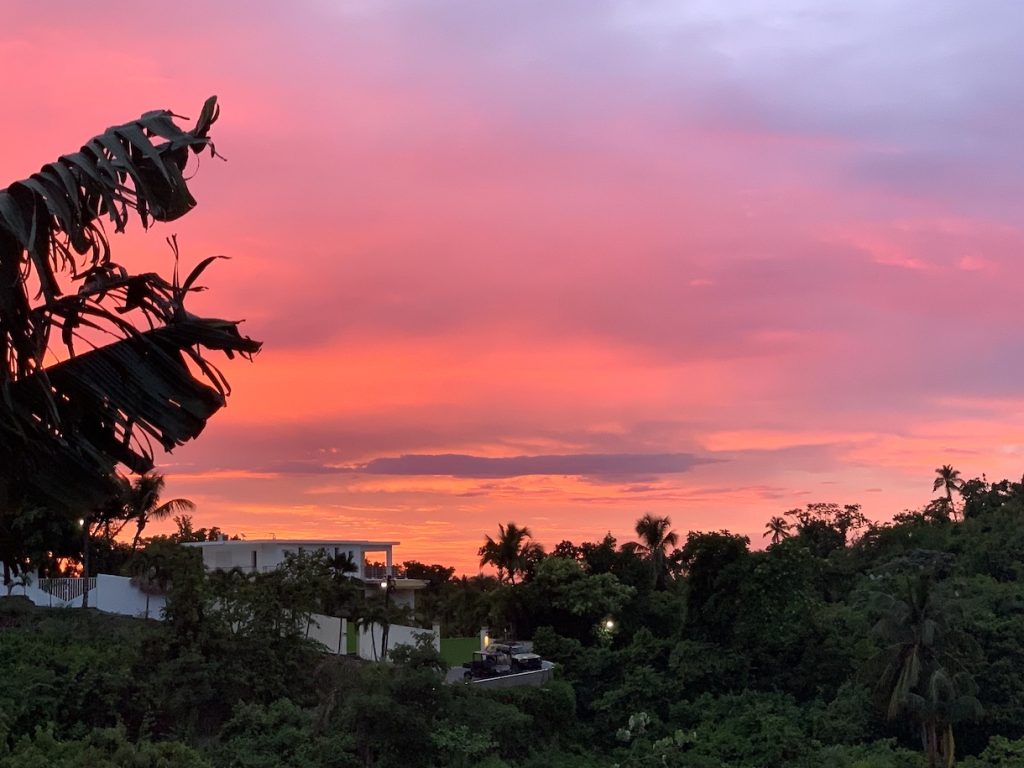
That thing gives me points every time I make a purchase. Then I use those points to buy plane tickets for more travel. Plus, I get to use various lounges in the airports (free booze! and free food!). I really really like airport lounges. I have done all the calculations in all the different ways and always come up ahead with this particular card, even though it has that yearly fee.
Add on to that, zero foreign transaction fees with this card, which allows me to pay in Dominican pesos at the grocery store. This gives me a better rate than paying in US dollars (USD). If you pay in a foreign currency, each store can set their own exchange rate (tipo de cambio) to recoup any transaction fees that they have to pay. The credit card pays the transaction fees for me, so I get to keep that money… and I get points to pay for more plane tickets. Winning!
Belize vs Costa Rica vs México
Belize is interesting because they take USD and Belizean dollars (BZD)… at the same time! The government sets the rate at exactly two to one. If something costs 5 Belize dollars, you can give them BZ$5, or BZ$3 and US$1, or BZ$1 and US$2, or any combination that adds to the BZ$5. You also get change back in all kinds of combinations. Also, different restaurants could have their menu in either currency, they just make a small note at the bottom noting which currency is being used. An “inexpensive” restaurant could easy get much more expensive when you see (or don’t see…) the note at the bottom noting all prices are in USD. I brought a calculator with me… because all the maths. The tropical salty air rusted out that basic piece of electronics in about two weeks and I was forced to get better at mathing in my head.
Costa Rica is also a big cash economy, much like Belize. It was interesting staying there. The restaurants and fruit stands all wanted Costa Rican colones, but the couple I was renting my apartment from wanted USD. When I went to the ATM, I would have to get out both. Luckily, there was an ATM at the bank by my favorite grocery store that would allow you to draw cash out in either currency. Nice! I didn’t have to wait in line inside the bank to exchange moneys. The cash had to be crisp and not torn and no higher than $20 USD each or nobody would take it. Watch for fake bills floating around!
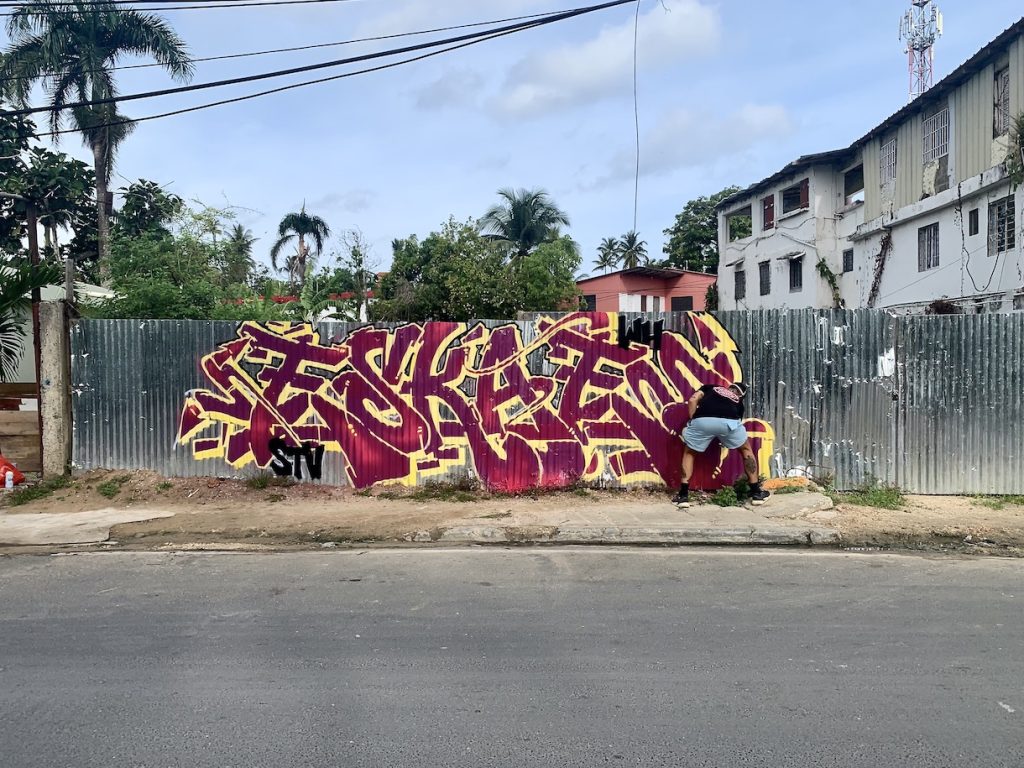
México allowed me to use my credit card a lot more, as they accept it in more places and I could use it for rent. Even the fruit stands took credit cards, which helped tremendously. I still had to get pesos out for things like the tamale-stand, fresh corn tortillas, and to ride the colectivo. Always use an ATM that is physically inside a bank! There are ATMs just hanging out all over the place on the street which are not to be trusted. Not just because people put card skimmers on them, which they do, and have cameras pointed at the keypad, which they also do, but the ATM itself does shady things like converting the money twice; once to pesos and then back to USD, charging you a hefty foreign transaction fee each time. And skip the shady cash exchange shops. Avoid all that and use a proper bank or you could lose some hard earned moneys.
Rental mishap
Everyone will tell you that if you rent a car or an apartment, it’s smart to take a video of the entire thing right at the very beginning. That way, if there is a crack in the windshield or spilled soda on the sofa, you have documentation that it was like that before you arrived. Well, I didn’t do that when I moved into my apartment in México. Lesson learned.
I finished up the final walkthrough with the apartment’s property manager and she was extremely upset about the walls. What had happened is that the metal ceiling-fans had leaked some kind of rusty oil and sprayed it all over the walls. I had let her handyman know the week after I moved in, but he obviously didn’t tell her. You need wood fans in the tropics people! Metal rusts in the salty air! Not my fault, but still upsetting for the owner. An out-of-town owner that clearly hadn’t physically stepped foot in their unit for a while and just uses it as passive income generation.
What came next was a tremendous surprise. The owner claimed I had ruined the couch and foot cushions and some other items that needed deep cleaning, and I needed to pay for all that. I think she was really upset about the walls, but could clearly see I wasn’t at fault for it, and was trying to recoup some of that cost any way that she could think of. That place was way cleaner when I left than when I got there, believe me. However, I didn’t have any proof that the couch and all that looked that bad at the time I moved in. I protested as much as I could, but ultimately I had to eat the cost.
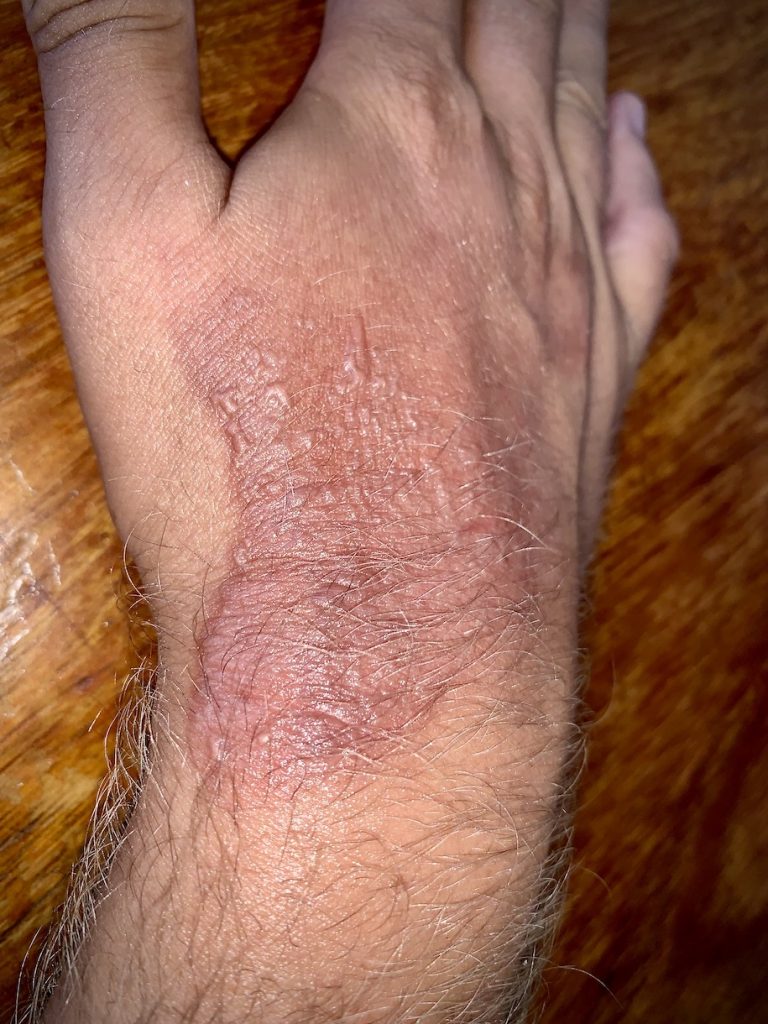
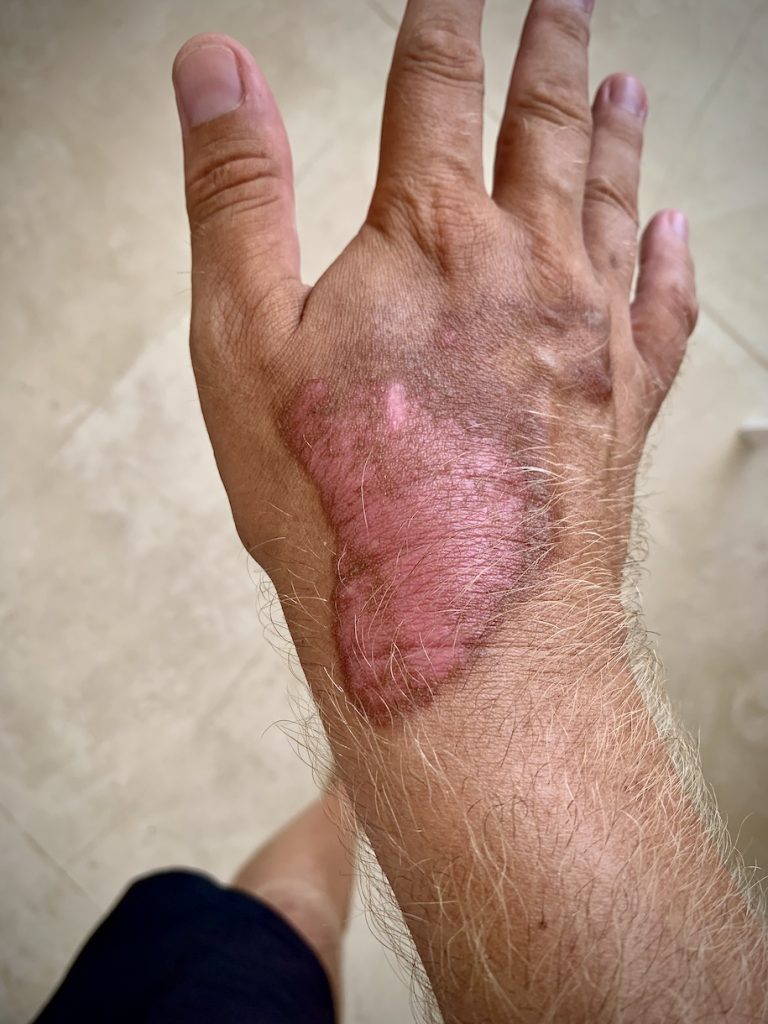
ATM debit card
Before heading out on all the travels, I got one of those ATM debit cards from a bank that doesn’t have any physical locations. Because they save money on building management costs, they reimburse all ATM fees and foreign transaction fees. This saved me a ton of money in Costa Rica and México. I did not use the ATM that often because I just didn’t spend that much cash, so we both benefited from the arrangement.
However, The Dominican Republic has rules about how much moneys you can get out of an ATM per transaction with only two transactions allowed per day. Maxing out both allowed transactions isn’t much. It’s less than $200 a day, with close to $10 in fees. My rent is $800… cash (the exact amount is based on USD so the Dominican pesos changes depending on the market). Most restaurants are cash-only as well as the fruit stands. That’s a lot of trips to the ATM and hundreds of dollars’ worth of fees that my new ATM debit card was reimbursing me for. I didn’t mind, but that bank sure did! It gave me the boot with exactly 30-days to clear out all the funds. FFS!
They used some excuse about me being out of the country for too long as justification. But it’s curious that they are kicking me out now, after it’s no longer beneficial for them. It’s just an enormous pain because I’m not in the States, so it’s hard to get a new ATM card. I have a backup, but that one charges huge fees for using any ATM but theirs, and they don’t have branches outside the USA. Time to do some research!

Getting mail
My Australian friends from Playas del Coco had been using this international bank that sounded interesting. You open an account online and put money into different funds, depending on which currency you want to use. I put some in USD because that is acceptable in loads of locations. Then I put some into euros because I’m heading to Portugal in a few weeks. It costs money to get the funds out again, so it’s not as nice as my old bank, but at least they don’t care what country I’m traveling through.
I also opened a second account with a bank that offers zero ATM or foreign transaction fees. This one is mostly for when I’m in the States. I don’t want them to give me the boot. Now how to get the ATM cards? Lucky for me, one of my neighbors has a PO Box here in Las Terrenas that forwards mail from a PO Box in the US for a small fee. He was so nice to let me use it and I received the cards in no time.
One tiny issue. Soon after opening my account and depositing some funds, they noticed I was accessing the account from outside the country. Then they locked my card for possible fraud. Sigh. I called and chatted with this really nice human. He suggested that I don’t open an account and then travel out of the country, as that is what the criminals do. Sigh. I sent him all kinds of paperwork to clear up the matter, but it didn’t work. He said I would need to come into a physical bank to clear the fraud hold on my account, and they don’t have any physical locations outside the US. Crap.
Well, that particular ATM card will have to wait until I get back to Seattle in late August. I wasn’t planning on using it here anyway, but I really wanted it as a backup. At least the bank promised they wouldn’t take the money I already added. It’s all just on hold. What a pain in the butt. This was more stressful than anticipated. I’m glad the international card works (thanks, my Aussie friends!).
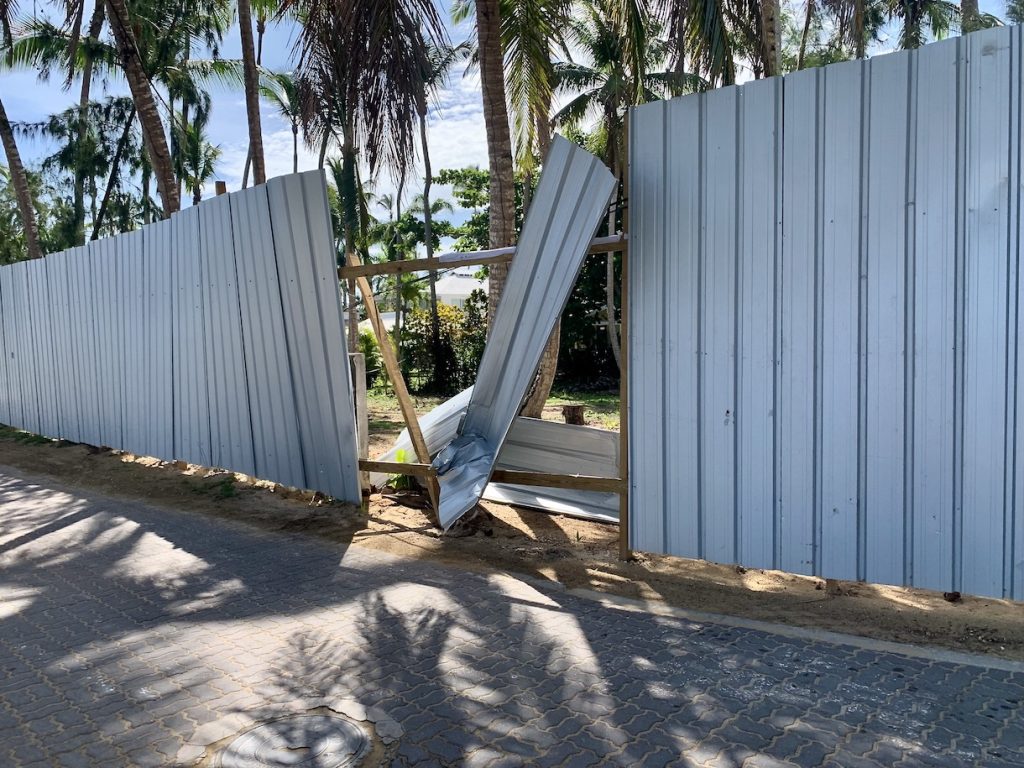
Tipping is stressful!
Using cash is more complicated for me than just using a card and it sometimes stresses me out. Like tipping. If I the bill is $700 pesos at a restaurant and I want to leave a 20% tip, it’s harder to figure out how much change to request back. Sometimes you end up tipping too much or not enough based on what bills are in your wallet. Tipping is stressful enough without the added maths! Also, many places have a government mandated tip and don’t expect a tip at all other than maybe “rounding it up” for exemplary service. There are even places like Australia and New Zealand where it’s considered rude to tip. You have to research what the cultural norms are before you arrive.
There’s also an aspect that many people (particularly Americans tending to hand out ridiculous tips while travelling) don’t generally think about. You think you’re being nice when you give someone a large tip. It makes you feel good, and usually the person being tipped doesn’t mind at all. But all this “extra” money is going to a specific segment of the population, people in the hospitality sector. Especially people that speak English, as most Americans are not multilingual and appreciate the lack of language barrier. Many online reviews for businesses will specifically mention if they speak English there. Further driving more customers toward those specific businesses. Multilingual people generally have had a more thorough formal education, notably, because their family had funds available to pay for that education.
This is driving an inequitable wealth divide, and is causing localized unequal inflation, pushing many of the locals out of these areas they grew up in as they can no longer afford to live there. And restaurant workers can, and do, turn away local people because they want to save seats for people that will give them a bigger tip. There is no such thing as anti-discrimination laws here… It’s really hard for my American brain to wrap itself around the idea that tips can actually be harmful. Tipping stresses me out!
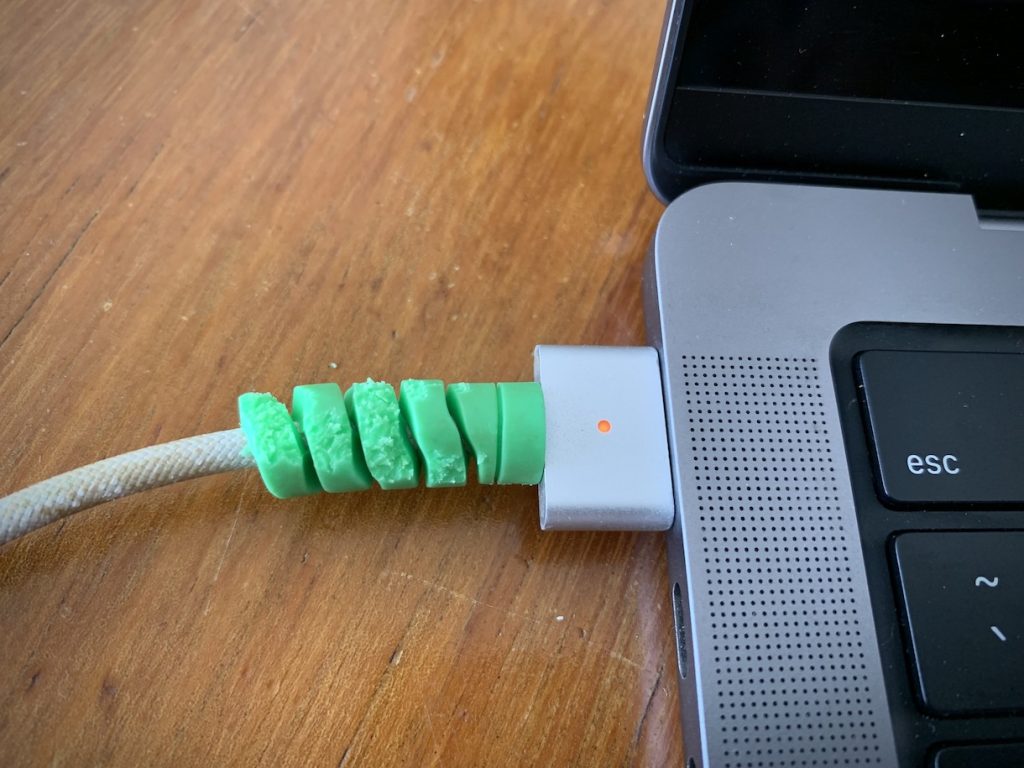
Other money adventures
I had a very embarrassing encounter with my groundskeeper when I went to let him know the apartment was out of propane. I said “sin propina instead of sin propano”. Poor guy. Effectively, I just walked up to him and said “Without tip!” Then asked him to replace the gas. I felt really bad and didn’t know enough Spanish to explain. He figured it out. My American brain wants to assure you that I do tip him for deliveries of potable water.
My neighbor had a great story about mixing up the $1000 Dominican peso with the $100 one at a local restaurant as they are very similar colors. I totally get it! He put the money on the table with the bill and left. The next day, the owner saw him walking down the street and flagged him down to sort out the situation. Going back to the restaurant, the owner had his restaurant tab clipped to the $100 peso bill. My neighbor realized the mistake immediately and gave the owner another $900 pesos, but was thrown for a loop that the mistake happened in the first place. Thanks for sharing, my Canadian friends! It’s an Adventure!
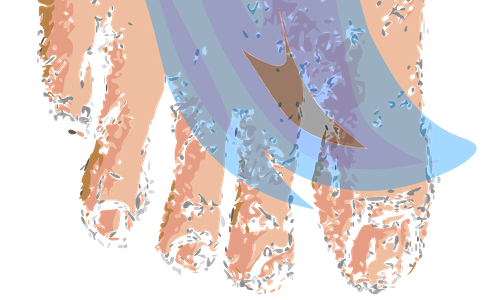
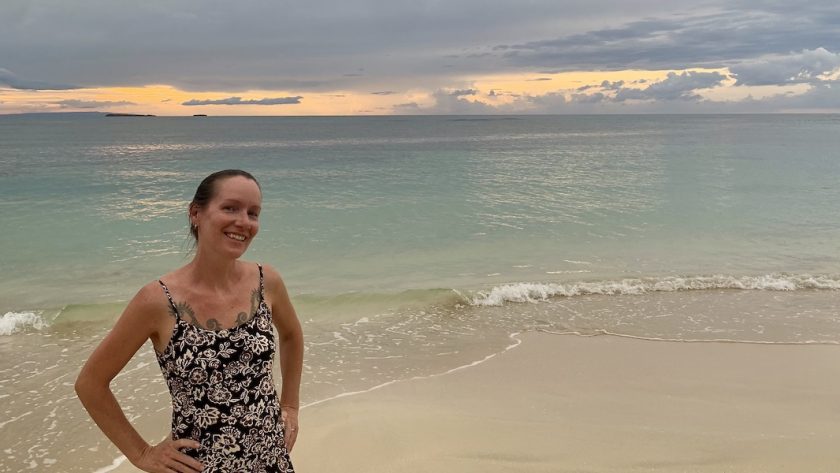



Thanks for taking the time to go over that. For long excursions like you guys are doing health and financial issues become critical issues. Things can get pretty bad if they go seriously wrong and easily become a real hassle for seemingly ordinary stuff.